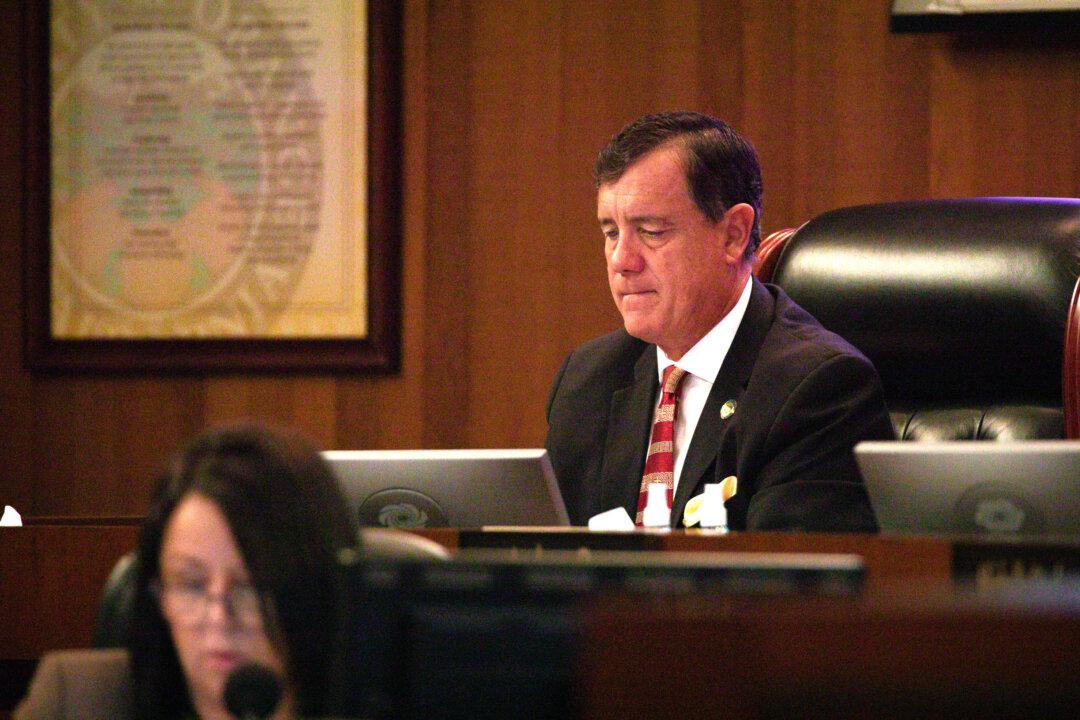Southern California residents who want to make public comments during meetings of the Orange County Board of Supervisors can now address individual members by name, instead of having to address the board as a whole.
The rule requiring all public remarks to be addressed to the entire board had stood since being adopted in 1971, but was finally dropped last month in response to an American Civil Liberties Union (ACLU) lawsuit after years of legal wrangling. The suit argued the rule violated First Amendment rights to free speech.





